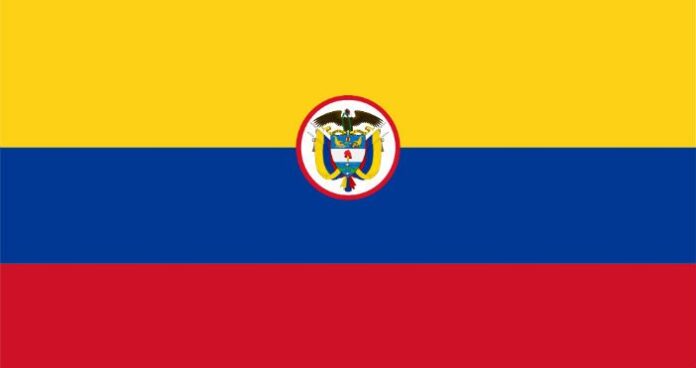CRC resolves to attract more MVNOs to Colombia
Colombia’s Communications Regulation Commission issued a resolution that facilitates the entry of mobile virtual network operators to the country’s telecom market. The goal is to provide an attractive setting for the entry of new operators and the development of the business model, the commission said in a statement. This regulation seeks to simplify the operation of the current MVNOs, as well as increase competition in the mobile market and to pass those benefits along to customers.
In Colombia, the share of MVNO mobile lines is 5.39% of a total of more than 56 million mobile lines. Despite those statistics, CRC believes there’s a market for more MVNOs that focus on niche markets to provide specific services to youth, tourists, retail customers, football clubs, churches or customers who need prepaid plans.
The resolution facilitates and ensures the allocation of numbering resources to these operators and stipulates that network operators must offer the same quality of service to customers of MVNOs that they offer to their users.
Android leadership
Google’s Android operating system achieved the highest market share in Brazil according to latest Kantar Worldpanel ComTech’s data for the three months ending August 2015. As of August, Android hit 91.4%, while iOS owned a comparatively paltry 4% and Windows 4.7%. BlackBerry tallied 0.0%. For comparison, in the U.S. market Android accounted for 66.9%; iOS for 28.4%; Windows for 3.5%; and BlackBerry for 0.5%.
In January 2012, when Kantar started to monitor OS market share, Android accounted for 38.8% of the market, while BlackBerry controlled 5.1%; iOS had 8.3%; and Windows had 4.4%. Unspecified operating systems ranked the highest with 43.3%. One year later, Android jumped to 71.9%, followed by Windows (7.3%), iOS (4.3%) and BlackBerry (1.7%). Of all countries monitored by Kantar, including the U.S., Spain, France, China and others, Brazil is where Android has the largest market share.
Brazil changes minister
In the middle of a political crisis that keeps getting worse and is putting the economy on hold (and in recession), Brazilian President Dilma Rousseff made a change in the ministerial lineup. In lieu of Ricardo Berzoini, the new Minister of Communications is André Figueiredo. In his speech, Figueiredo put priority on the migration of radio frequencies AM-FM and the switch of analog TV to digital signal.
More news from Latin America
URUGUAY – The government ordered its revenue entity to study the way to start charging taxes to over-the-top platforms such as Netflix and Spotify, according to reports from local newspaper El Observador.
MEXICO – Axtel and Alestra have agreed to merge their operations, seeking a greater size to compete in an increasingly competitive local market. After the announcement, Fitch Ratings placed a rating watch positive on Axtel S.A.B. de C.V.
PERU – Mobile number portability reached 88,347 in September, the greatest number since July 2014 when number portability was launched. Entel and Claro were the carriers winning the most clients
REGION – Gigamon is expanding its operations into the Latin American market, building a presence in Argentina, Brazil, Chile, Colombia, Mexico and Peru, as part of the company’s global growth initiatives. According to the company, having a local presence enables Gigamon and its partners to address today’s security and network traffic visibility challenges that impact local mobile operators, service providers, government organizations and enterprise organizations.
REGION – The communications services group Digicel, which has operations in 31 markets in the Caribbean and South Pacific regions, has entered into a share purchase agreement with respect to the sale of its 75% stake in Digicel Asian Holdings, the parent of Digicel Myanmar Tower Company, to the Edotco Group.
Wondering what’s going on in Latin America? Why don’t you follow me on Twitter? Also check out all of RCR Wireless News’ Latin American content.

